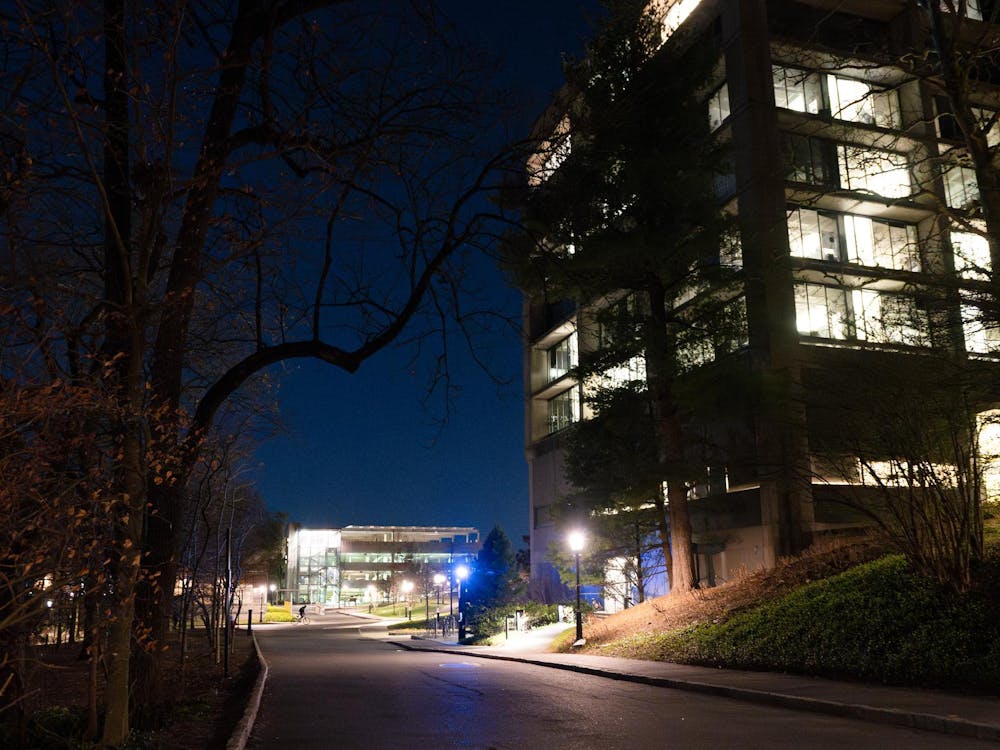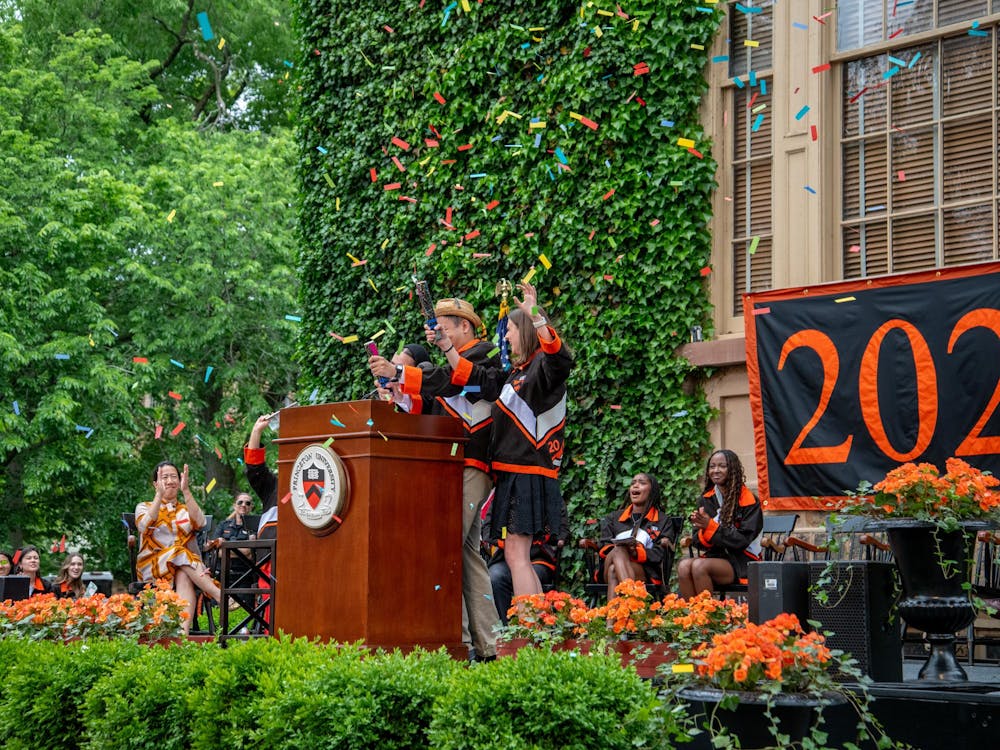As a sophomore, I’ve just experienced the most intimate contact I’ll have with the process of joining an eating club in my time here at Princeton. I’ve had countless conversations about how people were going about the whole process this year and whether they were signing in or bickering. These conversations made me realize one thing: The process of deciding which eating club you want to be in, if you want to be in one at all, is extremely complicated. You have to worry about which club you think suits you most, which clubs your friends are thinking about joining, what the current membership is like, what the food is like and countless other considerations that could fill an entire column by themselves. This year was especially complicated with the ICC’s multi-club Bicker system and Terrace’s first round fill-up, which took away the “I’ll bicker X, and if I don’t get in I’ll sign into Terrace” strategy. Long story short, we put a lot of time and energy into figuring out our plans for eating clubs, and this, if nothing else, indicates that it is important to us.
But why? Why are eating clubs such a big deal for us? There are those who find our collective habit of worrying so much about something as trivial as where we’ll eat in the coming semesters to be utterly outrageous. Why not, they’ll argue, just save ourselves the hassle of joining eating clubs and make it common practice to stay in the dining halls? After all, eating clubs and residential colleges do have some fundamental similarities. They divide up the Princeton population so that you at least recognize the people you’re sharing your meals with, allow you to identify with the group that you belong to and even provide you with food every now and then.
Why get so wrapped up in choosing an eating club? Why submit to the whims of your upperclassman friends, even for a day or three, especially when those whims involve acting out embarrassing scenes or ingesting unsavory substances? And even if you don’t bicker, why agonize over the decision? Because eating clubs are important; they’re not just dining halls that are farther away. They differ in that they are privately owned, occasionally selective and involve a real choice on our part.
The significance of the eating clubs’ private ownership is obvious: I can’t remember the last time I saw anyone playing Beirut (or so I was told to call it in the freshman issue of the ‘Prince’) in Mathey Common Room. In a different sense than is meant in Stepbrothers, “there’s more room for activities.” Since the University doesn’t have complete jurisdiction over eating clubs, it makes sense that people would join them.
The appeal of bicker clubs is also rather straightforward. Although there are many things that bickerees consider when making the decision to bicker, one that can’t be overlooked is the chance to be socially validated in way that you’re hard-pressed to find anywhere else on this campus. Most people decide to bicker a club for reasons other than social validation, but that doesn’t change the fact that Bicker can be a high-risk, high-reward emotional gamble, though losing this gamble isn’t as bad as it may seem to some.
The exclusive nature of the bicker clubs does provide most of the stress associated with eating club decisions, but even those who choose to sign in do not have a stress-free process ahead of them. This is because the process of joining an eating club requires us to make a choice. This is the scary part, and this is the biggest reason we care so much about where we’ll be eating our meals as upperclassmen. Being able to choose means that we are able to make the wrong choice, and for a lot of us, myself included, this can be a stressful possibility. It’s more than that though. The eating club you choose becomes a much more important part of your social identity than your residential college. Eating clubs are inherently more social entities than the residential colleges. But it is the fact that we have a choice that makes our eating club decision matter so much. By having the option to choose differently, our eating club choice conveys something about ourselves that our college affiliations can’t. Whether we like it or not, eating clubs become an important part of who we are just by virtue of choosing to join them.
So while it might be a lamentable fact that we care so much about which eating club to join, it does make sense. In addition to the considerations we usually make about the eating clubs, they really do begin to constitute a bit of who we are. Taking time to make sure you’re making the right decision does not seem outrageous to me at all.
Richard Daker is a sophomore from Evergreen Park, Ill. He can be reached at rdaker@princeton.edu.







